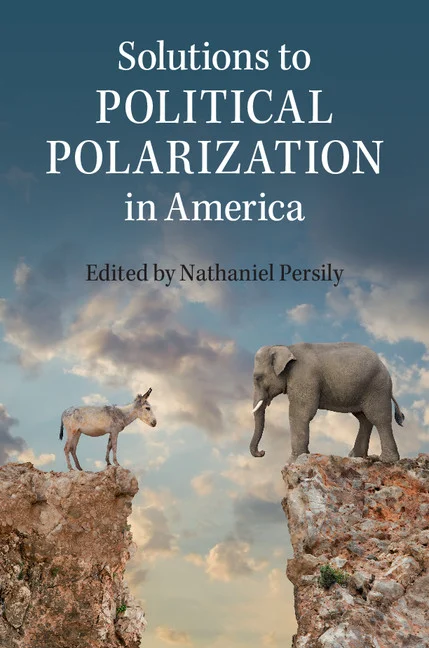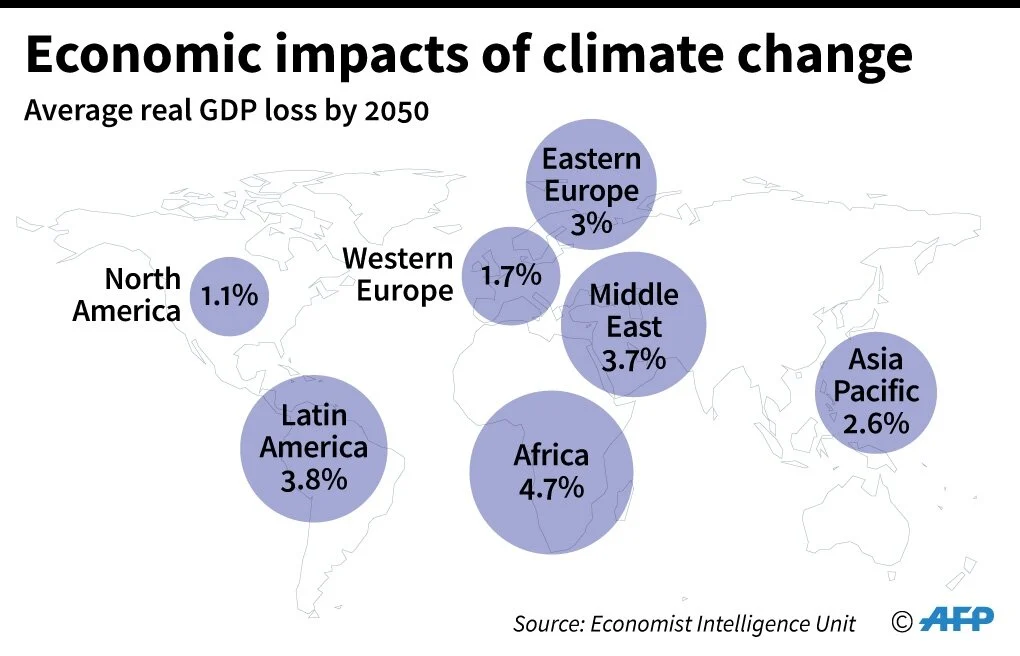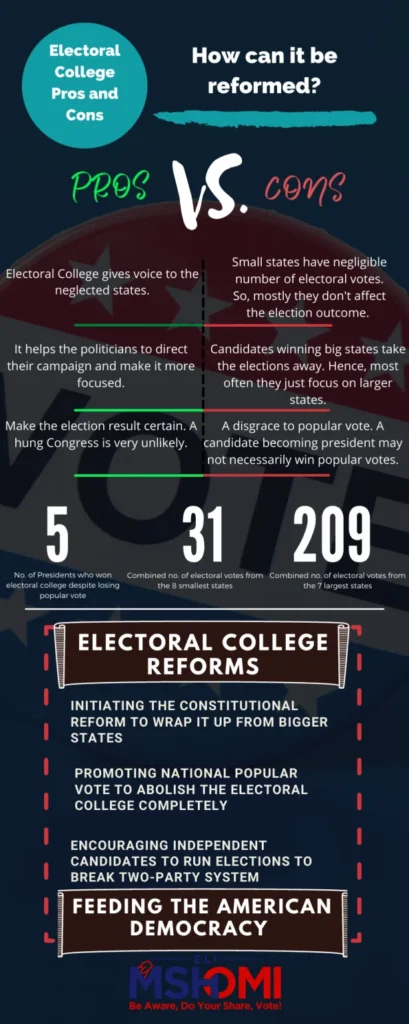Political polarization is a growing concern in many countries around the world. The causes of this polarization can be attributed to a variety of factors, including social media echo chambers, partisan news outlets, and a rise in extremist rhetoric. This polarization has led to increased division and hostility between different political factions, making it difficult to find common ground and work towards solutions for important issues. In order to address this issue, it is important to understand the root causes of political polarization and explore potential solutions to bridge the gap between opposing ideologies.
One of the most pressing issues related to political polarization is the impact it has on democratic processes and governance. The increasing divide between political parties and their supporters can lead to gridlock in government, making it challenging to pass legislation and address pressing issues. Additionally, political polarization can contribute to social unrest and violence, as extreme viewpoints become increasingly entrenched. Addressing this issue requires a multi-faceted approach, including promoting media literacy, encouraging civil discourse, and fostering a greater sense of empathy and understanding among individuals with differing political beliefs.
Causes of Political Polarization
Political polarization has been on the rise in many countries around the world, and there are several factors that contribute to this trend. One major cause of political polarization is the increasing influence of media and social media. With the rise of partisan news outlets and the echo chambers created by social media algorithms, individuals are often only exposed to information and opinions that align with their existing beliefs, leading to a deepening of ideological divides.
Another factor contributing to political polarization is the geographic sorting of political ideologies. In many countries, people are increasingly choosing to live in communities with others who share their political views, creating homogeneous political environments that reinforce existing beliefs and limit exposure to diverse perspectives.
Effects of Political Polarization
The effects of political polarization can be far-reaching and detrimental to a society. One significant consequence of political polarization is the erosion of trust in democratic institutions and processes. When political discourse becomes deeply divided, it can lead to a breakdown of cooperation and compromise, making it difficult for governments to address pressing issues and effectively serve the needs of all citizens.
Furthermore, political polarization can contribute to social unrest and conflict as individuals become more entrenched in their own ideologies and less willing to engage in constructive dialogue with those holding different views. This can lead to increased social tensions and a breakdown of social cohesion within a society.
Media’s Role in Political Polarization
The media plays a significant role in shaping public opinion and influencing political discourse, and its role in contributing to political polarization cannot be understated. Partisan news outlets and opinion-driven journalism have contributed to the dissemination of biased information that reinforces existing beliefs and deepens ideological divides.
Furthermore, the rise of social media has created echo chambers where individuals are exposed to a narrow range of viewpoints, leading to a reinforcement of existing beliefs and a lack of exposure to diverse perspectives. The algorithms used by social media platforms also prioritize content that aligns with users’ existing views, further contributing to the polarization of political discourse.
Political Leadership and Polarization
The behavior and rhetoric of political leaders can also contribute to political polarization. When leaders engage in divisive language and demonize those with opposing views, it can further entrench supporters and deepen the divides within society. Additionally, the unwillingness of political leaders to engage in bipartisan cooperation and compromise can contribute to a polarized political environment.
On the other hand, political leaders have the potential to mitigate political polarization by promoting inclusive and respectful dialogue, seeking common ground, and prioritizing the needs of the entire population over partisan interests. Effective leadership can play a crucial role in bridging political divides and fostering a more cohesive and cooperative political environment.
Psychological and Sociological Factors in Political Polarization
Psychological and sociological factors also contribute to political polarization. Individuals’ cognitive biases, such as confirmation bias and the backfire effect, can lead them to seek out information that aligns with their existing beliefs and reject opposing viewpoints. This can reinforce ideological divides and contribute to the polarization of political discourse.
Moreover, sociological factors such as the influence of social networks and group dynamics can contribute to political polarization. People tend to adopt the beliefs and behaviors of those within their social circles, leading to the reinforcement of existing ideologies and a lack of exposure to diverse perspectives.
Addressing Political Polarization through Education
Education plays a crucial role in addressing political polarization. By promoting critical thinking skills, media literacy, and the ability to engage in respectful and constructive dialogue, education can help individuals navigate the complexities of political discourse and develop a more nuanced understanding of diverse perspectives.
Furthermore, promoting civic education and encouraging active participation in democratic processes can help individuals develop a greater sense of civic responsibility and a willingness to engage in cooperative problem-solving, ultimately contributing to a more cohesive and less polarized political environment.
Encouraging Civil Discourse and Compromise
Encouraging civil discourse and compromise is essential for mitigating political polarization. By fostering an environment where individuals feel comfortable expressing diverse viewpoints and engaging in respectful dialogue, it is possible to bridge ideological divides and find common ground on pressing issues.
Furthermore, promoting the value of compromise and cooperation in political decision-making can help shift the focus from partisan interests to the broader needs of society. This can lead to more effective governance and a reduction in the polarization of political discourse.
Regulating Media and Social Media Platforms
Regulating media and social media platforms to ensure the dissemination of accurate and diverse information is essential for addressing political polarization. Implementing measures to counteract the spread of misinformation and filter bubbles can help expose individuals to a wider range of perspectives, contributing to a more informed and less polarized public discourse.
Additionally, promoting transparency in media ownership and funding can help mitigate the influence of partisan agendas on news reporting, ultimately contributing to a more balanced and less polarized media landscape.
| Causes | Solutions |
|---|---|
| 1. Social media echo chambers
2. Partisan news sources 3. Political elites’ rhetoric 4. Identity politics |
1. Promoting media literacy
2. Encouraging diverse news consumption 3. Civil discourse and compromise 4. Fostering empathy and understanding |
Political polarization is driven by various factors including social media echo chambers, partisan news sources, political elites’ rhetoric, and identity politics. However, promoting media literacy, encouraging diverse news consumption, fostering civil discourse and compromise, and fostering empathy and understanding can be effective solutions to mitigate political polarization.



